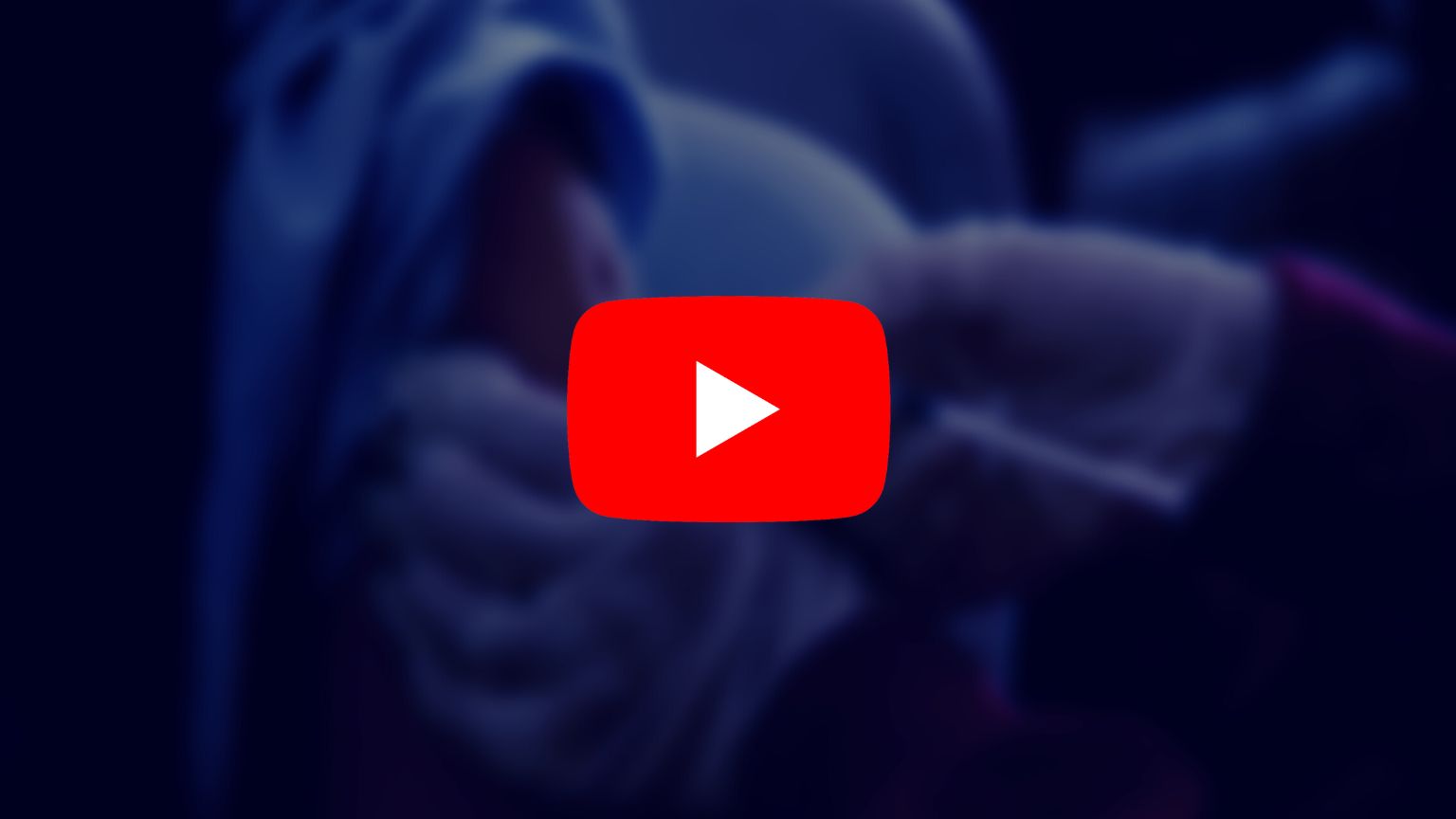A court has ruled that YouTube holds no legal obligation to host videos by prominent natural health advocate, Dr. Joseph Mercola. The lawsuit, brought forth by Mercola after his channels were purged from the platform, has ultimately highlighted the digital behemoth’s potent authority and influence over what content is accessible to its user base.
We obtained a copy of the order for you here.
Mercola is an authority in natural health, using his YouTube platform, which touted an impressive 300,000-strong subscribership, to provide a counter opinion to the prevailing narrative around the COVID-19 pandemic. His claims however, have sparked controversy, and have been termed as COVID-19 misinformation by YouTube which led to his channels being axed from the platform.
Mercola claims to have had no forewarnings of the violations. According to him, he was blindsided when The Washington Post splashed an article about the impending doom of his channels. Not long afterward, he received a formal ban from YouTube, shutting down his channels effective immediately.
Mercola’s suit argued that YouTube had breached its own contract and worse, denied him access to his videos. He further contended that the platform unjustly profited from retaining his original content, actions which Mercola believes should entitle him to at least $75,000 in damages.
In defending its actions, YouTube reinforced that it was not contractually obligated to maintain any particular content. The platform emphasized its right to safeguard its users from potentially harmful “misinformation,” expressing they had operated well within their discretionary power in Mercola’s case.
The magistrate judge, Laurel Beeler, agreed with YouTube, upholding the platform’s contractual invulnerability, and thereby dismissing Mercola’s complaint without leave for amendment. Judge Beeler unequivocally wrote that YouTube had full discretion to withdraw content seen as injurious to its user base.













